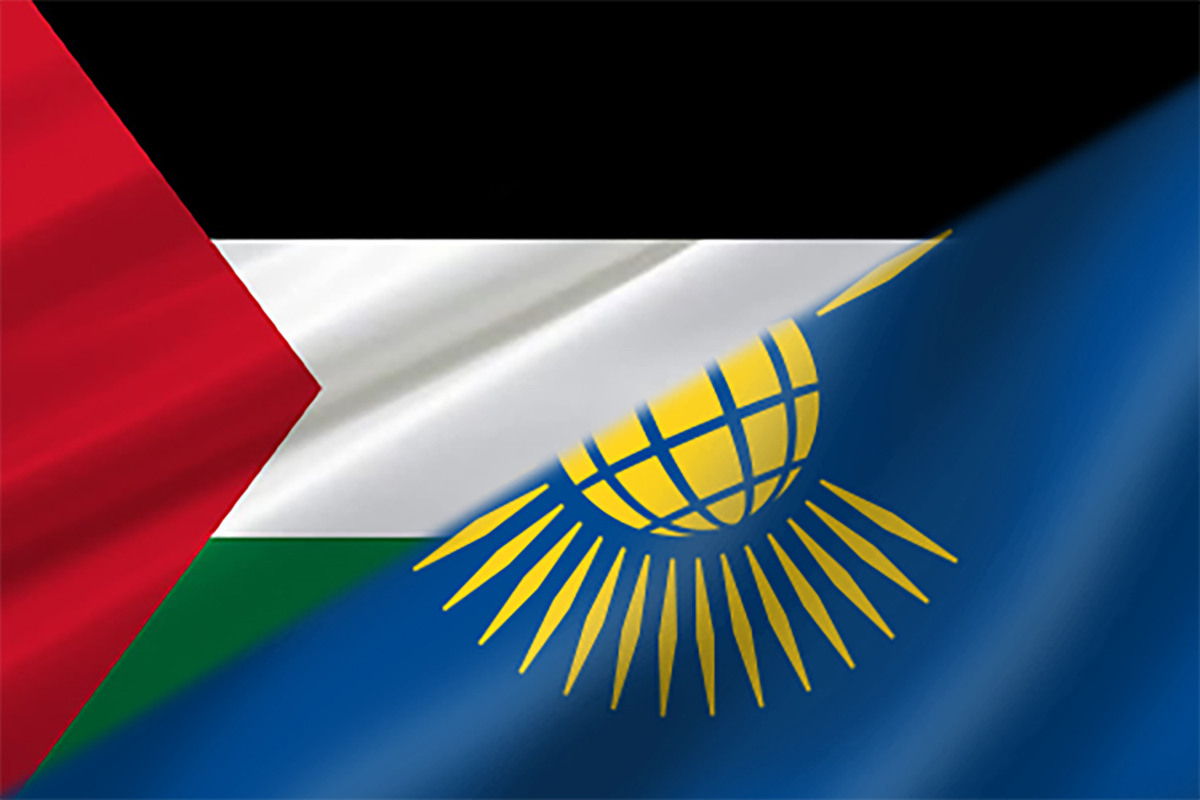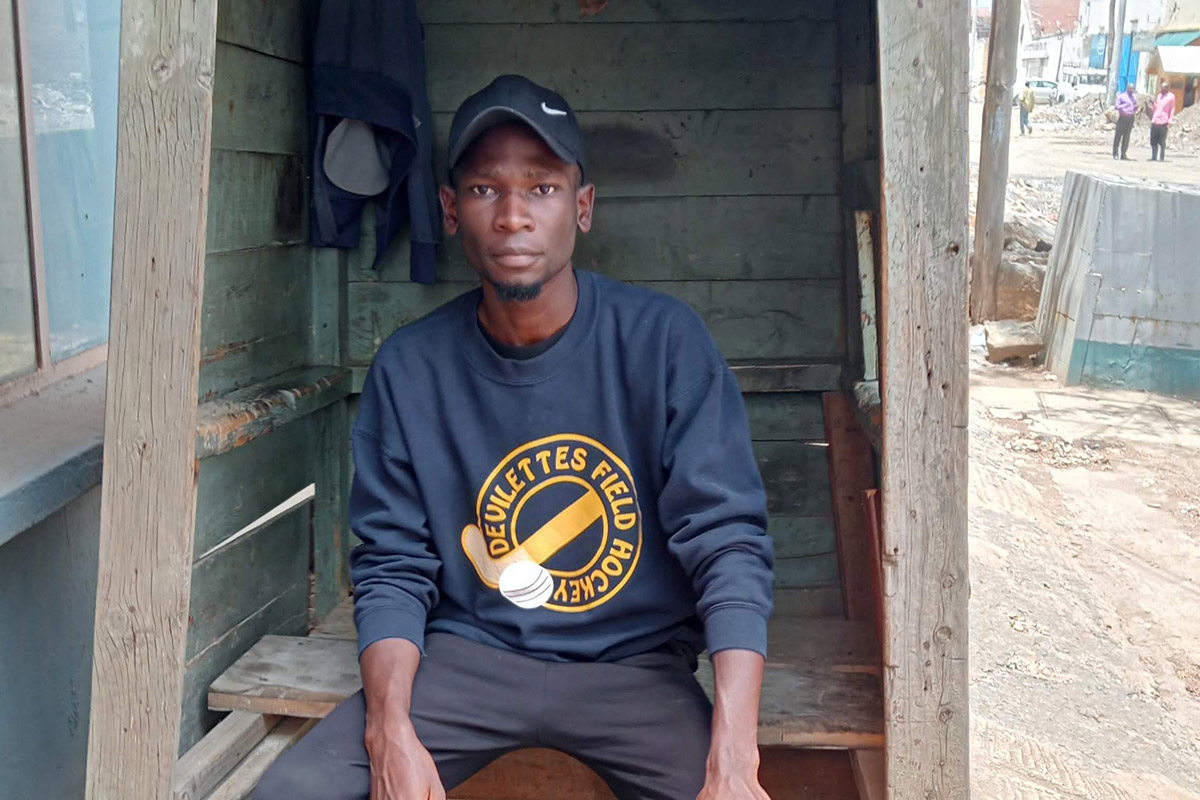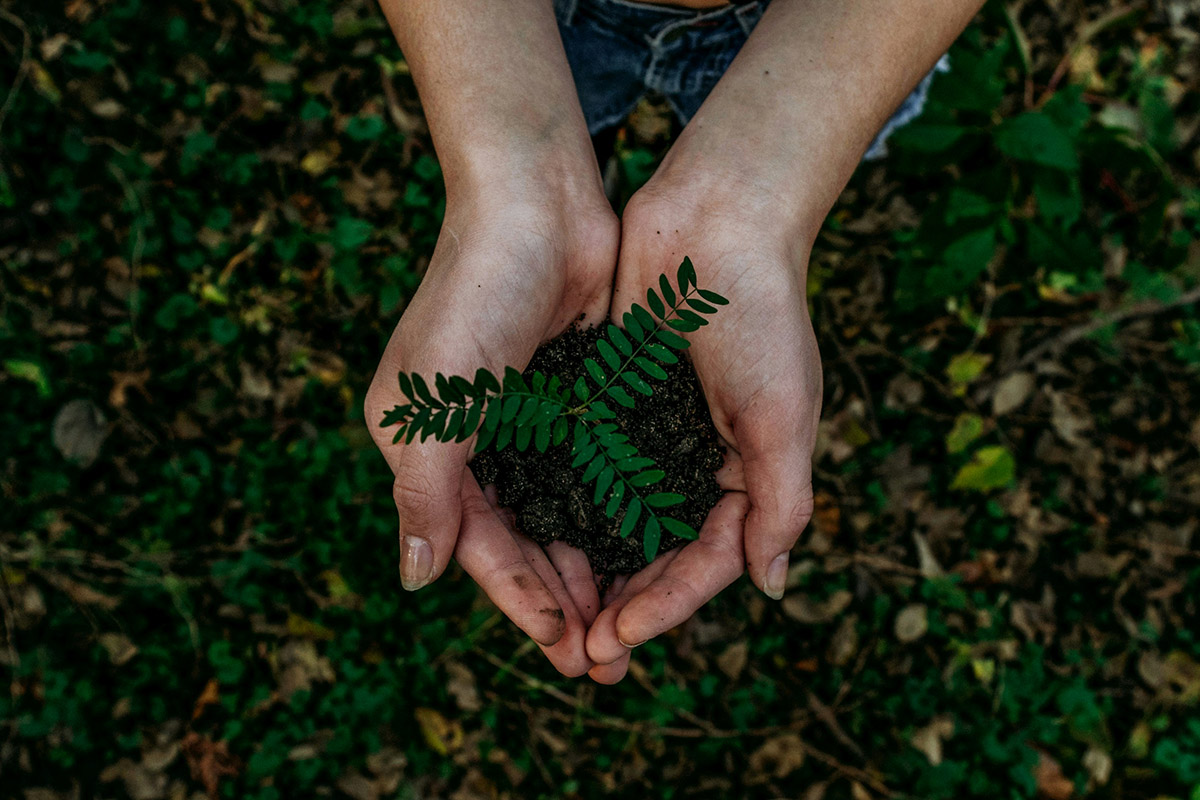The Hopes and Hurdles of Energy Transition in Nigeria
August 2by Aidee Amba
This report sheds light on the complexities and struggles faced by Africa’s most populous nation and largest economy, Nigeria: its heavy reliance on fossil fuels, and its attempts at a resilient shift towards renewable energy sources. We talk to change-makers, experts, and individuals in different communities as we aim to unveil a story that highlights the urgent need for an inclusive and sustainable energy transition.
Nigeria’s Reliance on Fossil Fuel, and its Impact on Communities
Nigeria’s national electricity grid heavily relies on fossil fuels, primarily natural gas, and oil, to meet its energy demands. As one of the leading oil-producing countries in Africa, this dependency on non-renewable sources has significant implications for both the environment and the nation’s energy security.
In Ogale, Eleme, Rivers State, Mrs. Edema, a fish trader, shares the devastating effects of an oil spill from an extraction site.
“The spill has affected us terribly. When you go to buy fish, you cannot because the fishermen say they cannot catch fish because the water is bad. Very dark, and it smells bad. So, as a fish seller, I don’t have fish anymore to sell, and I have five children to take care of. I am a widow, I am all alone, no help.”
Edidiong Okon, a secondary school teacher and an indigene of Ikot-Abasi, Akwa Ibom state talks about how her village has been impacted by the nearby power plant.
“My name is Edidiong, and I have lived in this village all my life. Our village is surrounded by this massive power plant, which has been here for decades. At first, we were happy, thinking it would bring development and prosperity.
However, things took a dark turn over the years. We are struggling to maintain our health, and many people, especially children and the elderly have health issues now. Our children often miss school due to respiratory infections. It’s heartbreaking to see them suffer. Many people can’t afford proper medical care, so they try to cope with home remedies, but it’s just not enough”
We speak to a health Expert Dr. Ukpong in Eket, Akwa Ibom State, a community where oil giant Mobil runs most of its activities.
“Air pollution from burning fossil fuels releases harmful particulate matter and various toxic gasses, including sulfur dioxide and nitrogen oxides. The residents of this village are experiencing higher rates of respiratory illnesses, including asthma and chronic bronchitis, compared to other regions not exposed to such pollution.
Children and the elderly often have weaker immune systems and respiratory systems, making them more susceptible to the effects of air pollution.
Water contamination poses serious health risks as well. Polluted water can carry harmful pathogens and toxins that lead to gastrointestinal illnesses, skin infections, and other waterborne diseases. When people have no choice but to use contaminated water for daily activities, it increases their vulnerability to these health issues.”
Resilient Community Embracing Renewable Power
Recently the Border Community Development Agency (BCDA) issued a call to award contracts that included solar-powered street lights, boreholes, and wind-powered amenities for the communities at the borders of several Nigerian states.
However as some of the contracts have not yet been awarded, we visit one of the communities, Abu in Niger state which is also the focus of the BCDA to find out their fate so far.
Dr Farouk and Dr Estella Bassey, humanitarians are some of the individuals aiding the transition to renewable energy in Niger State. When asked about what pushed them to be committed here, this is what Dr Bassey had to say.
“To work for the Nigerian government, you have to serve the government for one year after you graduate. I was posted here during my NYSC year and I hated it. I tried to get transferred, but it didn’t work out. I met Dr Farouk, who had a solar inverter, but I couldn’t afford it. I struggled through the year without light, even at the local clinic. After finishing my service, I left but couldn’t forget the community. I reached out to Dr Farouk, and together we decided to provide a solution by donating solar panels to homes and centers.”
Felicia Mina, a beneficiary of the solar panels, makes local food like roasted corn and pear to sell. She is thrilled to finally have light after three years without it. She is grateful for the solar-powered light, which never goes off due to the abundant sun. Her house and shop now serve as charging stations for neighbors without electricity. However, she still uses firewood and charcoal to cook as they are more affordable and efficient for roasting corn and pear. Despite the discomfort caused by charcoal, she has grown accustomed to it, finding gas too expensive for her business
Balancing Transition Efforts Amidst Oil and Gas Exploration
Nigeria’s expansion of oil and gas exploration, including the recent launch of the Dangote refinery and licensing of Belemaoil by the Nigerian Mainstream and Downstream Petroleum Regulatory Authority, contradicts its pledges to transition to cleaner energy sources. According to a statement given to AP News, Aliko Dangote says that its goal of producing 650,000 barrels daily is to ramp up production to meet not only its country’s demands but global demands. This license given to Belemaoil means it has the right to operate, engage in any exploration activity, and establish a terminal, or other facilities for export or importation of crude oil or petroleum products in the country. The removal of petroleum subsidies and price hikes on petroleum products is taking a toll on Nigerians. These developments question the government’s commitment to the energy transition.
Dr Adesina, an environmental expert, raises concerns, “The expansion of fossil fuel exploration contradicts our climate commitments. It jeopardizes the progress we are making in transitioning to cleaner energy sources.”
Another environmental expert, policymaker, and former House of Reps also said this about balancing transition efforts amidst oil and gas exploration.
“Nigeria’s expansion of oil and gas exploration is driven by the need for revenue to support the economy and public services. Policymakers face challenges in transitioning to cleaner energy due to increasing energy demands and infrastructure investments. While reviewing the Paris Agreement, we considered the financial support needed for the transition, leading to settling on conditional and non-conditional options. As an Environmental Expert, I advise a combination of short-term measures like cleaner technologies and stricter regulations in the oil and gas sector, alongside long-term strategies like investing in renewable energy projects and promoting public awareness. A collaborative approach is crucial for a sustainable and equitable energy transition in Nigeria.”
Energy Poverty and Lack of Access
The 2022 Energy Progress Report by Tracking SDG7, shows Nigeria has the lowest access to electricity globally, with about 92 million persons out of the country’s 200 million population lacking access to power. When it comes to access to clean fuel cooking fuel and technology, The 2023 energy progress report Tracking SDG7 by IRENA confirms Nigeria is between 0 to 25 per cent.
We access a community in Boki which is located in the Northern Cross River state. These locals have no idea what is electricity, not to talk about renewable energy. Their main occupations are hunting and farming. Their harvested crops are very cheap and still waste because they barely have means of preservation.
But in a nearby community, Bekpor, Irruan-Boki, Cross River State the Borderline community Development agency has completed construction of Solar powered Borehole with Over Head Steel Tank and Public Fetching Points in.
So it is clear that even with neighboring communities, there is an energy imbalance. Most people and communities are left behind in the energy transition.
“We have never had light, only sunlight. When it is night we use our lantern and candle.” a young boy, Emeka living in the outskirts of Plateau state says.
A Community Activist in Plateau State, Nigeria, Nandom Joseph, shares his view on energy poverty.
“In underserved communities, lack of reliable and affordable energy severely impacts daily life, hindering lighting, cooking, and refrigeration. Education suffers as students lack access to computers and the Internet, disadvantaging them compared to their peers. Healthcare services are compromised, and economic opportunities for small businesses and artisans are limited. Addressing energy poverty requires government investment in renewable solutions like solar power, equitable policies with subsidies for low-income households, and community engagement for sustainable solutions. Together, we can work towards a future where every Nigerian enjoys the benefits of sustainable energy and improved livelihoods.”
In conclusion, we recognize that the energy transition in Nigeria is not a one-size-fits-all solution. There are no easy answers, we are all responsible and have a role to play when it comes to energy transition. Together, we must navigate the challenges, and shape an energy transition that benefits all, and leaves no one behind.






